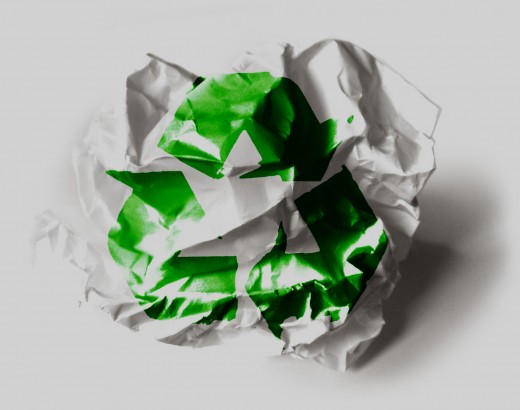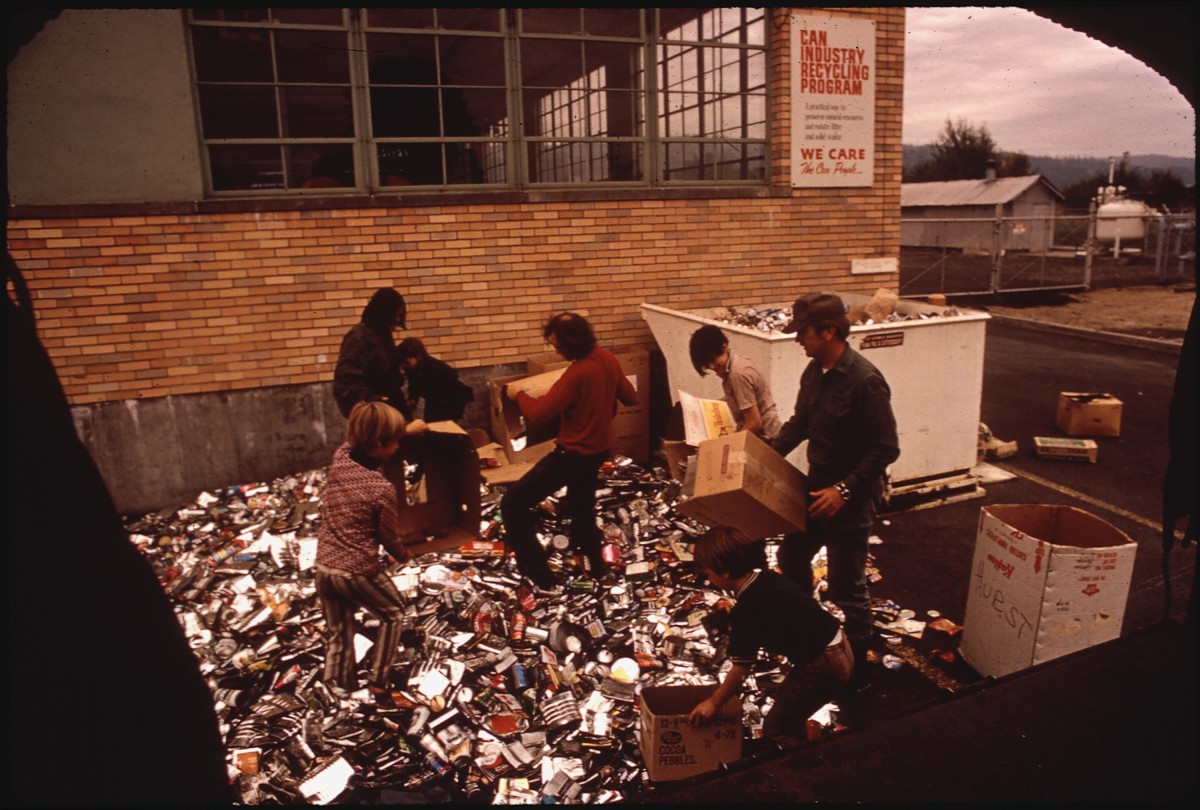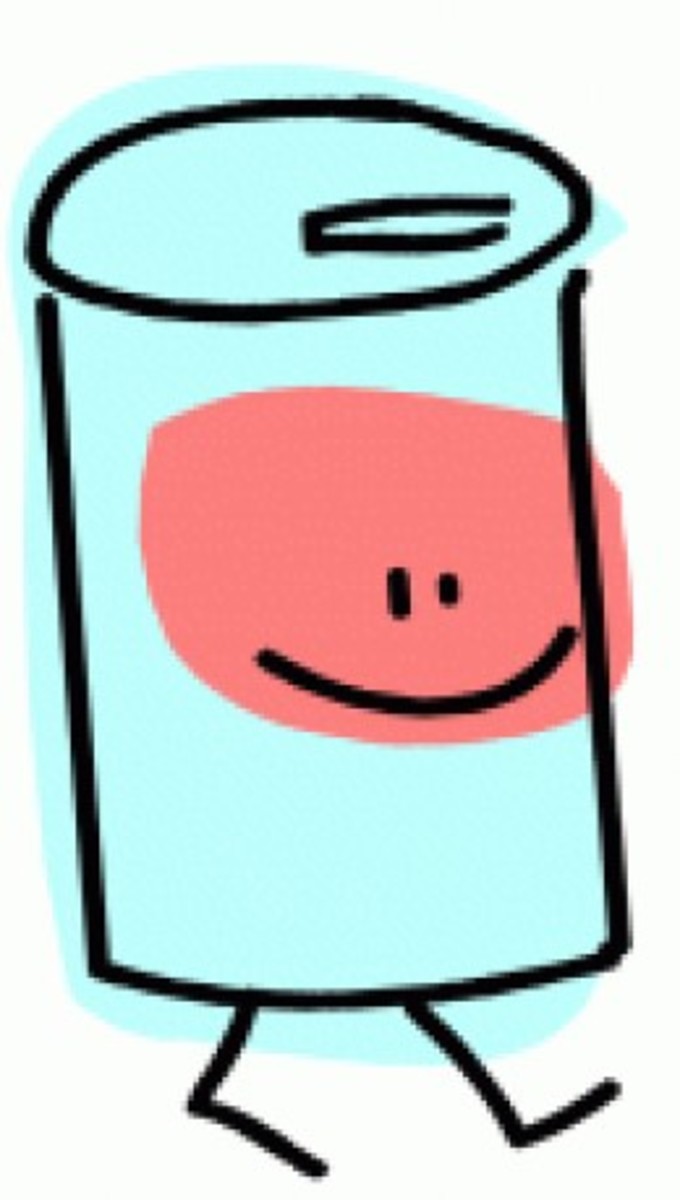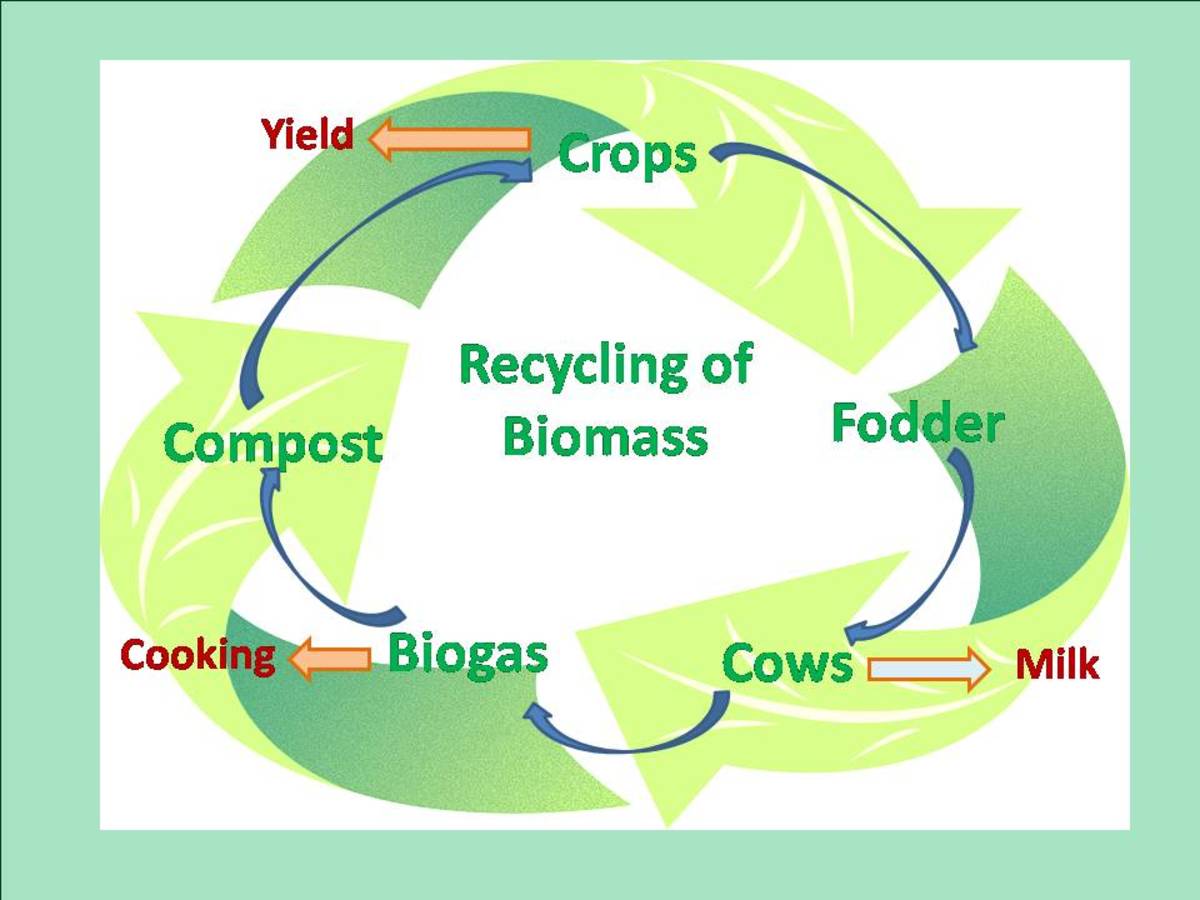Interesting Recycling Facts

Introduction and Facts
With dwindling freshwater, oil reserves and exploding demand, for good and services worldwide, recycling is now center stage. Recycling is the process of re-manufacturing used material into new products to prevent waste. Increasingly, the world is becoming more aware of the importance of environmental concerns. In years past recycling was ignored; now even businesses recognize the importance of recycling. Some important reasons to recycle includes the reduction of pollution, the conserving of energy, and land fill space.
- Today more than half of the new aluminum is made from recycled metals.
- When aluminum is recycled, there is an energy savings of over ninety percent compared to making it from its raw form. The energy saved in 1993 alone was enough to power a major US city for five years.
- Americans throw away enough glass jars and bottles to fill the former World Trade Towers each month.
- Most glass jars and bottles have at least twenty five percent recyclable content.
- Each year Americans throw away over 24 billion Styrofoam cups.
- The junk mail Americans receive in one day could provide heat for over 240,000 homes.
- In the United States the average person throws away 600 times their weight in garbage during their lifetime.
- The weight of the aluminum cans recycled in 2001 was equal to 14 aircraft carriers.
- 105,000 aluminum cans are recycled every minute in the United States.
- When an aluminum can is placed it the garbage, it is the same as wasting six ounces of gasoline.
- Recycling steel saves seventy-five percent of the energy necessary to produce new steel.
- on an average day in the 21st century, humans worldwide will add fifteen million tons of carbon to the atmosphere, create seventy square miles of desert, eliminate 100 square miles of rain forest, and increase their population by over 250,000.
What to do Next
Although most recyclable items falls into the categories of glass, non-toxic metal, plastic and paper, there are other classifications that contain hazardous materials and must be disposed of properly. When you have items such as Fluorescent lights, E-Waste, Batteries, Motor Oil find the nearest recycling location to handle that type of hazardous material. Do not throw these items in a dumpster; they require special handling. If you have regular paper, plastic, aluminum or glass pick a corner in your garage or another out of the way place in your home; get 3 or 4 semi large plastic bins; label each one and start recycling. When your bins are full take them to the local recycling facility.
Conclusion
The time for recycling is now; with the demands of an energy hungry world, we can no longer ignore the energy savings of recycling. Recycling saves the environment, save energy and it helps to free space in land fills. Moreover, it saves trees and fresh drinking water. Do your part start recycling today.
Additional Information
- Wikipedia.org - Definition of Recycling
- RecyclingCenters.org - Recycling Information
- 1800recycling.com - Search engine for locating recycling centers
- GreenBiz.com - Business voice of Green Economy
- Sustainable Living in the 21st Century
Sustainable living is a way of living that conserves personal resources and those of planet Earth. With growing scientific evidence that our current way of life is non-sustainable, and with all the...










